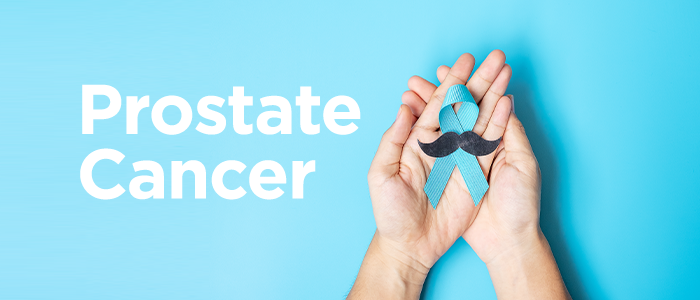
The prostate, located in the pelvis, is a gland of the male reproductive system. The inferior vesical artery, Internal pudendal artery, and middle rectal artery carry blood to the prostate. Located at the base of the bladder and encircles the urethra, which originates from the bladder, the prostate may enlarge over time. Although in most cases this enlargement of the gland is nonmalignant, in some patients it's a malignant process, which means it is prostate cancer.
Before getting into the discussion of how to reduce the risk of prostate cancer, Let’s get some basic ideas from the recorded data of the prostate cancer doctors in Bangalore regarding what is prostate cancer and what are the symptoms.
The following are the two cases of prostate enlargement:
Pathophysiology
Now let's discuss the pathophysiology of the situation. Why does the prostate enlarge?
Epidemiology
Benign Prostatic Hyperplasia is by far the most common form of prostate enlargement.
Signs and Symptoms
So the enlargement of the prostate can lead to some signs and symptoms. Now, what are those symptoms, and how to identify them? The most common signs of prostate cancer are:
More warning signs and symptoms of prostate cancer are the following:
Prevention of Prostate Cancer Through Diet and Exercise
What's more important is from a lifestyle perspective younger people. Because we think the process of cancer doesn’t start early on. Where lifestyle and dietary changes have really shown to have an impact early on as we are building our bodies in our teens and in our twenties and that's when it can make a difference. Physical exercise is important. Studies came out that say, men who survive prostate cancer are those who spend a certain amount of time exercising. But if we are looking for a big change, we have to start early in our lives. Unfortunately, medical science hasn’t come up with any drug so far to prevent prostate cancer yet. Some medications have been used for enlarged prostate to see if they reduce the risk of prostate cancer, but it hasn't been proven effective enough. While dealing with prostate cancer prevention, what we really would like to do at this point in time, since we can't prevent it, is to prevent the more aggressive high-risk prostate cancer. Only through certain lifestyle and dietary modifications, we may be able to accomplish that.
Another thing that might help in reducing the risk of prostate cancer is losing weight. Data show that patients with high body mass index seem to have a higher risk
Some data also show that maintaining the blood sugar level may benefit patients with prostate cancer.
Foods that can help reduce the risk of prostate cancer
If you are looking for prostate cancer treatment in Bangalore, or any information on the subject matter, skilled and committed oncologists at CTI will guide you through the process of both early prevention and treatment procedures. Book an appointment through our website today.